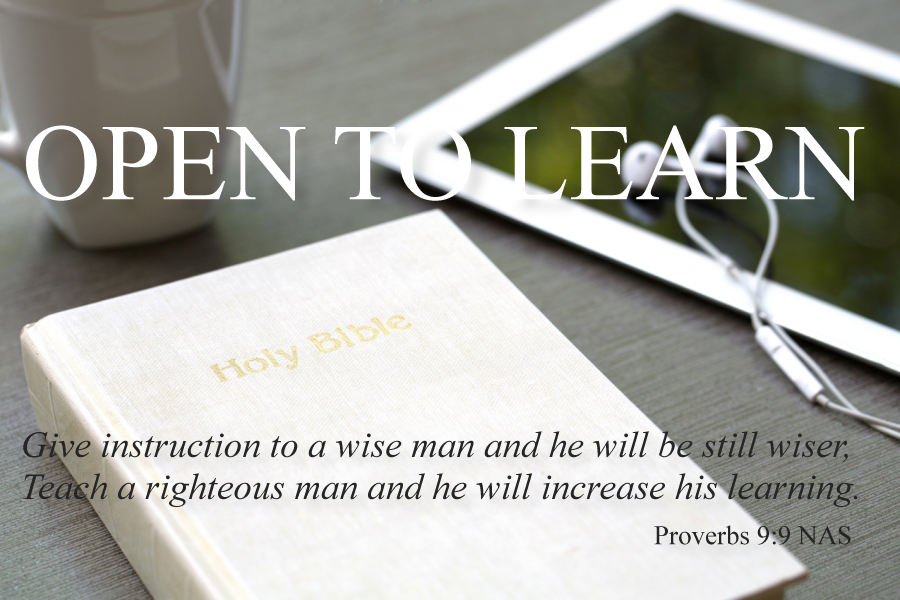HOW DO HUMAN BEINGS KNOW THE MORAL
DIFFERENCE BETWEEN RIGHT AND WRONG?
DIFFERENCE BETWEEN RIGHT AND WRONG?
An Excerpt from a course on Natural Law, the Noahide, and the Torah
The question, "How
do human beings know the moral difference between right and wrong?" must
then be answered by first acknowledging the image of God in all of us whether
we live righteously or unrighteously.
This is what the Apostle Paul so strongly affirmed in his epistle to the
church at Rome.
"For
in it the righteousness of God is revealed from faith to faith as it is
written, 'BUT THE RIGHTEOUS man SHALL LIVE BY FAITH. For the wrath of God is revealed from heaven
against all ungodliness and unrighteousness of men who suppress the truth in
unrighteousness, because that which is know about God is evident to them; for
God made it evident to them. For since the creation of the world His invisible
attributes, His eternal power and divine nature have been clearly seen being
understood though that which has been made so that they are without
excuse" (Romans 1:17-20).
To restate what was noted in the previous post - if we as human beings are a "shadow" of
the spiritual image of God, we must be a shadow of His moral image. That image, if created and not manufactured
through experience, must be innate (inborn, native, natural, inherent,
instinctive).
That is what the Apostle
Paul is saying. He is also pointing
out the opposite of informing, enlightening and maturing through teaching,
practice and experience of that same image.
That is, stifling, repressing, warping, and eventually perverting
it.
This is what he means when he adds "For even though they knew God, they
did not honor Him as God or give thanks but became futile in their
speculations, and their foolish hearts were darkened. Professing themselves to be wise, they became
fools" (Romans 1:21, 22).
The spiritual image
of God in man may be nurtured, neglected or abused, but cannot be ignored. It rises up to confront us with moral choices
- and it does so every day. This is why
Paul concluded that "they are
without excuse" (Romans 1:20b).
So How do human beings know the moral difference
between right and wrong even if they have no knowledge of a written Word
(remembering that for the first two and a half millennium of human history
there was no codified written Word - Torah)?
The answer to that question takes us back to the Imago Dei (the image of
God).
What exactly is moral reflection of the image of God in man? That is the question we will take up in our next post.
For a deeper study, you are encouraged to consider enrolling in our 3 credit-hour academic course "THE LAW OF UNIVERSAL RIGHTEOUSNESS: Natural Law, the Noahide, and the Torah." You can check out all of our regular academic programs by clicking this link: PROGRAMS.
Thank you for sharing time with me. I hope this brief post will encourage you to want to learn more about the laws of universal righteousness, and the manner in which God has implanted the awareness of right and wrong within your own heart and mind.
Dennis D. Frey, Th.D.,
Thank you for sharing time with me. I hope this brief post will encourage you to want to learn more about the laws of universal righteousness, and the manner in which God has implanted the awareness of right and wrong within your own heart and mind.
Dennis D. Frey, Th.D.,



No comments:
Post a Comment